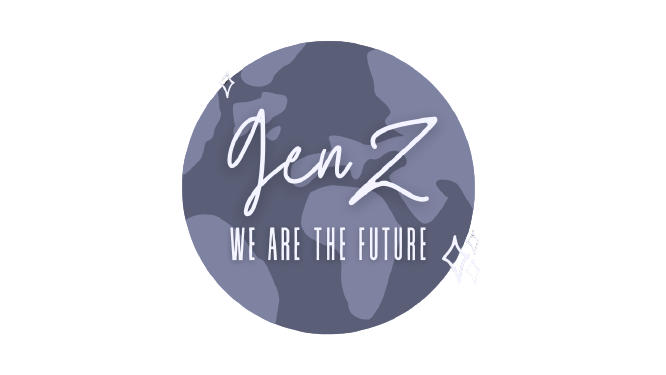Adoption Rights for LGBTQ+ Couples
LGBTQ+ couples have historically been prohibited from adopting children. Because of barriers against LGBTQ+ couples, they have had to continue fighting for adoption rights. Fortunately, many people exhibit their support for adoption rights given to LGBTQ+ couples. All states in the U.S. have already overturned the ban on LGBTQ+ couples from adopting children in a Supreme Court case in 2015. In fact, the legalization of same-sex marriage in the U.S. resulted in the privilege given to married same-sex couples to adopt children.
Children can be brought into the lives of gay men and lesbians in several ways. Oftentimes in lesbian couples, one partner gives birth to a child and has the other partner become a child’s legal parent through a second parent or stepparent adoption. Likewise, gay couples can do something similar by having their own child with a surrogate who can carry a child. This is usually done through a donor egg and one partner’s sperm. Aside from partners in gay and lesbian couples having their own biological offspring, adopting children is also extremely common.
Although LGBTQ+ couples are allowed to adopt children if they want to, it is much more difficult to do so if one is unmarried in a state that does not allow second-parent adoption. When an unmarried partner decides to become a second parent, they are essentially applying to adopt their partner’s biological child. Despite the constant fight for equal rights for the LGBTQ+ community, especially adoption rights, unmarried same-sex couples still face prohibitions in several states from second-parent adoption. This is a significant barrier for same-sex couples that want to both be legal parents but choose to not get married or are still waiting on marriage. Of course, those in states that do allow second-parent adoption would be given the same rights and responsibilities as the child’s biological parent.
In 2020, the Trump administration sent the Supreme Court a brief stating that a taxpayer-funded organization should be allowed to refuse to work with same-sex couples, along with those who violate the organization’s religious beliefs. This brief was eventually filed in the Fulton v. City of Philadelphia case that mainly focuses on the refusal of services by Catholic Social Services. The Catholic Social Services is a religious nonprofit in Philadelphia that is in charge of a child welfare agency, which is against same-sex couples adopting children. The brief explicitly made an argument that “Philadelphia has impermissibly discriminated against religious exercise.” Additionally, it stated that Philadelphia’s actions regarding same-sex couples adopting children “reflect unconstitutional hostility toward Catholic Social Services’ religious beliefs.”
Philadelphia was sued by Catholic Social Services in 2018 after the contract between the two was terminated due to the organization not allowing same-sex couples to adopt foster children. Catholic Social Services suggested that allowing same-sex couples to receive this kind of service would be in violation of its constitutional rights regarding free religion and speech. Despite the organization losing the case in the district court, they continued to appeal to the 3rd U.S. Circuit Court of Appeals. From there, the 3rd U.S. Circuit Court of Appeals unanimously affirmed the ruling of the lower court in April 2019. The organization ultimately appealed to the Supreme Court in February 2020.
The Supreme Court approves of the claims made in this case that the children would be harmed in foster care since the number of families available to care for them would be minimized because of LGBTQ+ families being rejected from adopting. However, along with that, the Court also agrees that the LGBTQ+ families that want to adopt these foster children would also be hurt. They justify this by stating that because there are LGBTQ+ members that depend on government services, they would be at a disadvantage, thus affecting the children they adopted. Despite this, prohibiting LGBTQ+ members from adopting children who are in foster care is leaving thousands of them without families to care for them. According to a report in 2017 published by the Department of Health and Human Services, there were about 443,000 children in the U.S. who were in foster care and in need of homes and families.
LGBTQ+ families are more likely than non-LGBTQ+ families to adopt children, according to studies conducted by the Williams Institute at UCLA Law in 2018. This is especially the case when it comes to older children, children with special needs, and minorities. When compared to straight couples, who have a 3 percent rate of raising adopted children, gay couples have a higher rate at 21 percent rate. Furthermore, gay couples care for foster children at nearly 3 percent as opposed to straight couples at 0.4 percent. The government definitely needs to do better in terms of not only improving LGBTQ+ rights in adoption but also provide foster children homes and families, especially since LGBTQ+ couples are more likely to adopt them.
SOURCES:
[Gay and Lesbian Adoption and Parenting] [NOLO]
https://www.nolo.com/legal-encyclopedia/gay-lesbian-adoption-parenting-29790.html
[Adoption agency should be able to reject gay couples, Trump administration argues] [NBC News]
[The history behind the latest LGBTQ rights case at the Supreme Court] [The Washington Post]
IMAGES:
LGBTQ Tennesseans are 'saddened,' 'disappointed' by new adoption law [NBC News]
